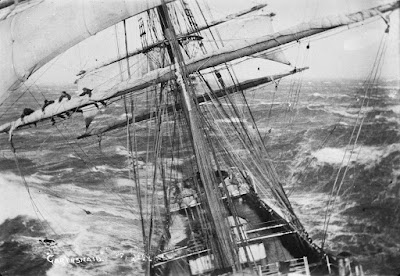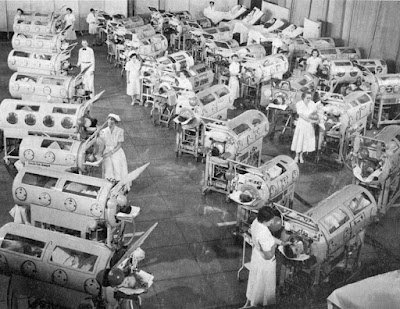Dead Men's Tales
All family history enthusiasts will be aware that some records make for more interesting study than others. One can plough through long lists of official births, deaths and marriages that show little beyond the names of the individuals, the place and dates of the events and – unless already known to the researcher – one may never get any real sense of the stories behind any of them.
However, there are other lists that immediately present intriguing tales on every page and these can be a marvellous distraction into the by-ways of history.
One of these is the The Register of Wages and Effects of Deceased Seamen, a component of the UK Registers of Births, Deaths and Marriages at Sea 1844-1890.
As the world staggers towards recovery from the Covid pandemic, it is worth reminding ourselves that although modern science and medicine have combined to save millions of lives, humanity will always face risks from infections and diseases, accidents and disasters.
Within the pages of the Deaths at Sea Registers one discovers numerous individuals who died from Yellow, Red or Black fevers, plus fevers named after their place of origin such as Chinese and African fevers.
There were more detailed medical causes such as cholera, typhoid, lockjaw or dysentery. Plus vague “convulsions” or “apoplexy” and the ever-present Scurvy which, in spite of the discovery of the reasons that caused it, primarily a lack of Vitamin C, is still around. There is also the occasional “Murder!”, or the simple word “Killed”; sometimes with further exposition but also left without any clarification.
Some were afflicted with a sudden “Visitation by God” that struck them down, i.e., no discernible cause. And then there were many who died of heart disease, of bronchitis or influenza, of “gripe in the bowels”, “gravel” or “debility”, often caused by poor diet and/or alcohol. Surprisingly, there are even a number of men who died from sea-sickness!
Before modern occupational safety practices or harnesses came into existence, many sailors had horrendous falls, either from the masts and sails “aloft” or while working around open deck hatches “into the hold”. Many others simply were “washed overboard”. Occasionally this is given some further explanation but it was just accepted as another risk in the job. Rescue in heavy seas would have been impossible. Many sailors thought the ability to swim was a pointless exercise and a swift oblivion preferable to a long struggle in the water. Some sailors simply jumped overboard while “intoxicated” or “while of unsound mind”.
 |
| Garthsnaid in heavy seas, c. 1920 |
Wrecks and disappearances of ships at sea accounted for the
greatest losses of all and it is sad to read the long lists of individuals,
most of whom would have been young and fit, who succumbed to the elements and have
no known grave but the open sea.
While it is impossible to investigate each of these entries in detail, a number of the more intriguing ones do reveal unusual or interesting stories, and this new series of posts will delve into some of my discoveries, one often leading to another and then another until a complete saga of the sea begins to unfold.
Click here for the first story.



Comments
Post a Comment